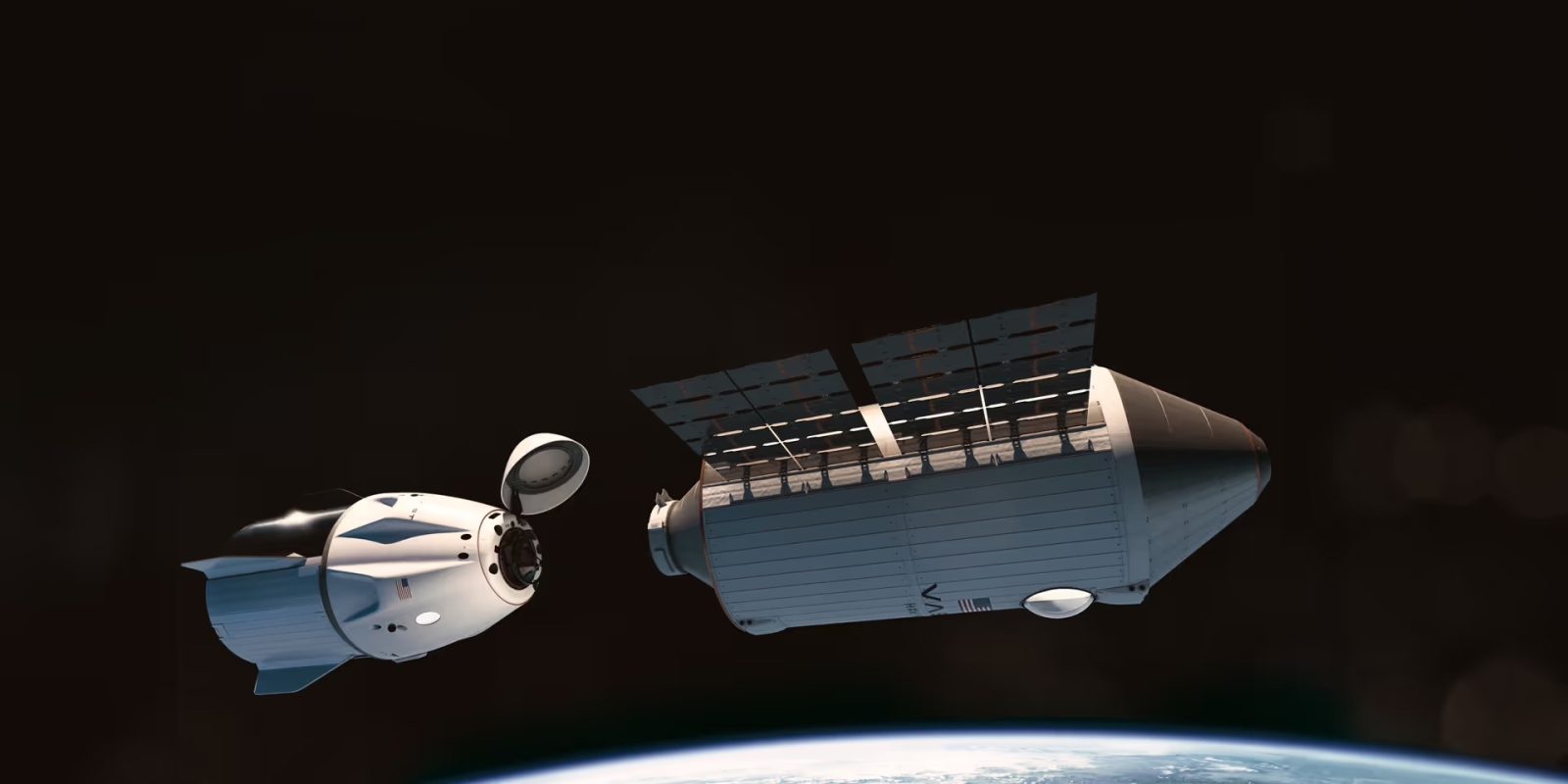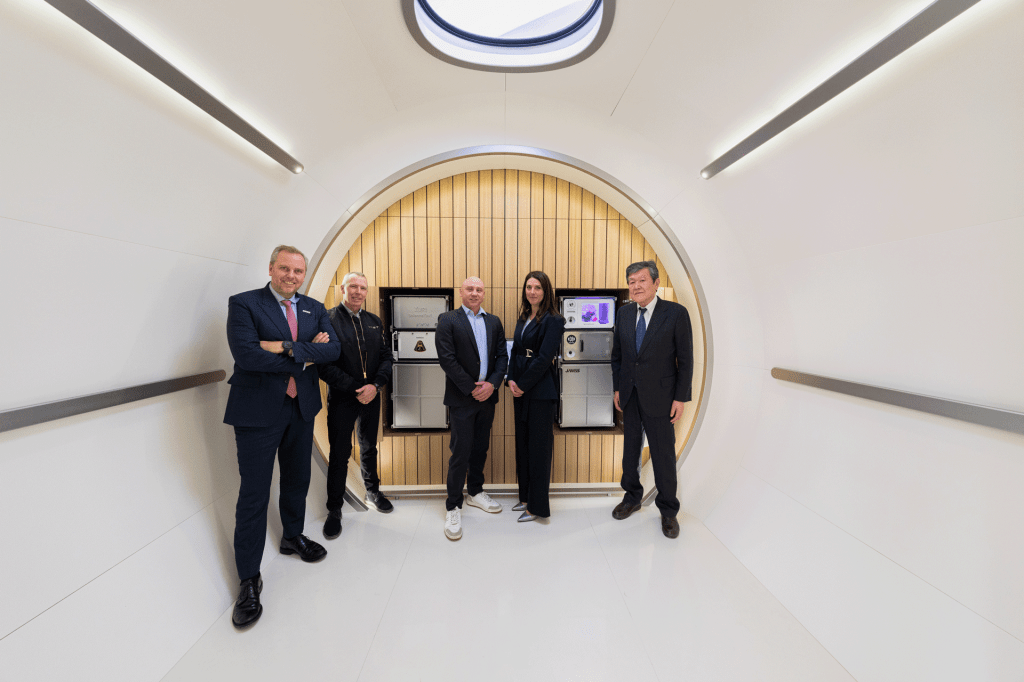
Vast Space is accelerating toward its goal of building a thriving commercial presence in low Earth orbit with the announcement of three new research payload partners for its Haven-1 space station. Japan Manned Space Systems Corporation (JAMSS), Interstellar Lab, and Exobiosphere are all expected to deploy experiments aboard the single-module space station, slated to launch no earlier than May 2026 aboard a SpaceX Falcon 9.
Haven-1 is scheduled to be the world’s first commercial, crewed microgravity research and manufacturing station – a milestone that could redefine how science, industry, and human habitation coexist in space.
Human-centered design, science-driven mission
Designed to host four astronauts for missions lasting up to 30 days, Haven-1 merges cutting-edge technology with a focus on human experience. Private crew quarters, an open communal area, and a 1.1-meter observation dome create a space that balances utility with comfort.
Inside, the Haven-1 lab supports up to 10 payloads, each capable of handling 30 kilograms and 100 watts of continuous power – an ideal setup for microgravity-driven research and development.
Japan’s JAMSS brings deep ISS experience
Among the newest partners is JAMSS, a Japanese aerospace firm with decades of operational experience on the International Space Station.
JAMSS is using Haven-1 to apply its life sciences and hardware integration expertise to a new generation of microgravity experiments.
“We see Haven-1 as a gateway to the next phase of low Earth orbit utilization,” a JAMSS spokesperson said. “Microgravity enables discoveries that are simply not possible on Earth. We’re excited to bring Japanese expertise into this new era of space commercialization.”

Biotechnology and sustainability in orbit
France and U.S.-based Interstellar Lab wants to use the facility to test its autonomous biopods and regenerative life-support systems, which are designed for sustaining human life on Mars and the Moon. Microgravity provides a unique environment to refine these systems, potentially revolutionizing sustainable agriculture both off-world and on Earth.
Meanwhile, Exobiosphere, a rising player in space biotech, is set to investigate plant resilience, microbial survival, and regenerative ecosystem systems in space. Its work supports future space colonization and has direct implications for improving food systems in extreme environments.
“Understanding how biology adapts to microgravity is key to long-term survival off-planet,” said a lead scientist at Exobiosphere. “We are focused on resilient systems that can sustain human life in the harshest conditions.”
A growing ecosystem in low Earth orbit
These partnerships push Haven-1 closer to operational capacity and further cement Vast’s role in the future of orbital research. With commercial demand rising and traditional space agencies scaling back, Haven-1 is poised to become a critical platform for microgravity science and sustainable human habitation in orbit.
As Vast founder Jed McCaleb said during the station’s unveiling, “this isn’t just about getting people into space – it’s about giving them a reason to stay.”
FTC: We use income earning auto affiliate links. More.



Comments